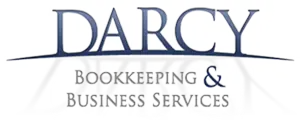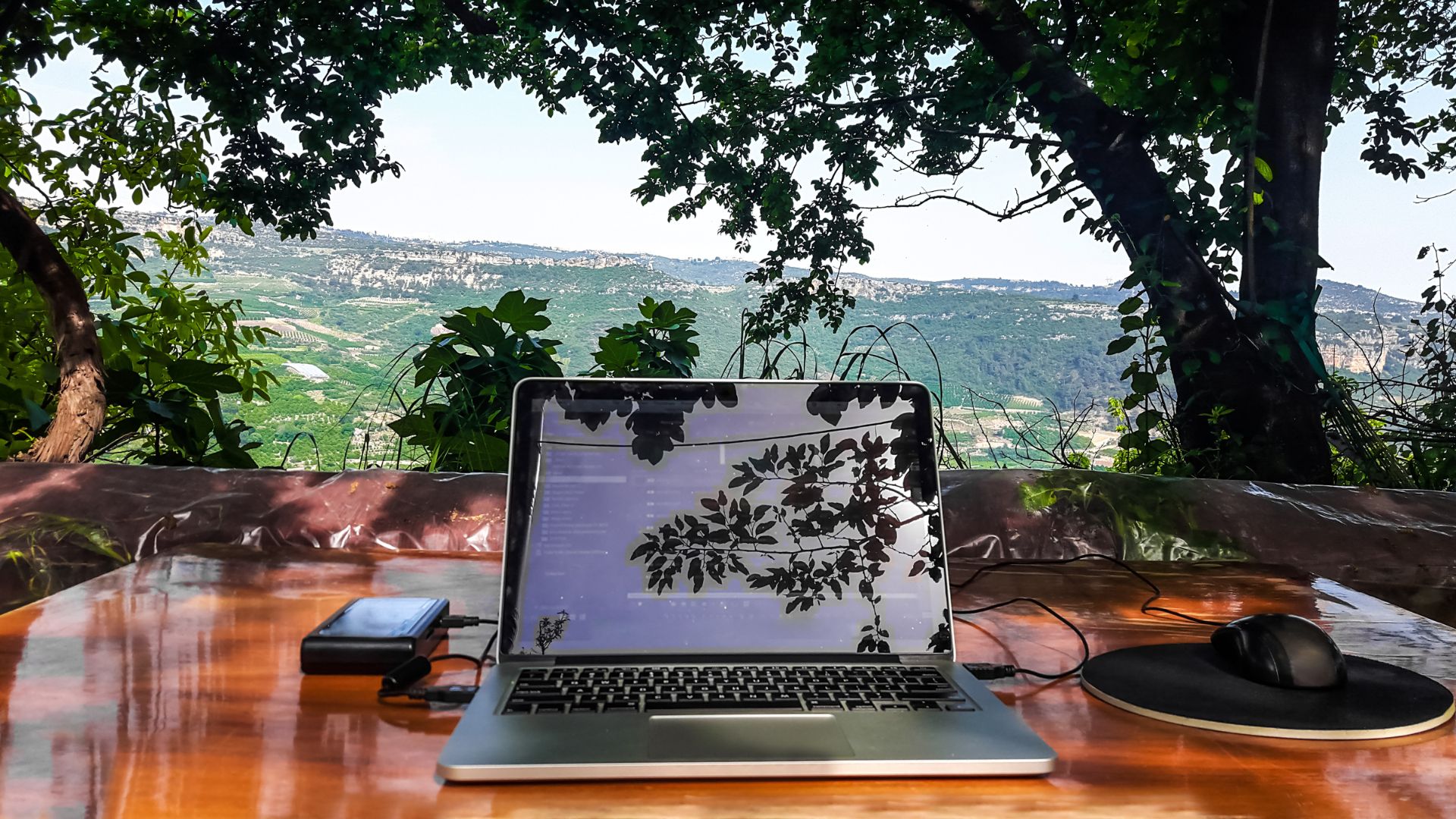


Being a freelancer or creative can mean one week you’re flooded with projects and payments, the next you’re waiting on invoices and wondering when the next job will come in. You love the creative side of your work, but when it comes to managing money? Not so much.
Unpredictable expenses, and that constant background worry about taxes or cash flow, are common problems for creative professionals. The good news is you don’t have to be a numbers person to get control of your finances. All you need is a simple and consistent system. Then, once you know exactly where your money is going, you can plan better, save more, and focus on what you actually enjoy doing.
In this article, we’ll talk about why bookkeeping matters so much for freelancers and creatives, how it helps you take control of your money, and the easiest ways to set up a system that works for you. With these bookkeeping tips for freelancers, you can go from chaos and overwhelm to organised and confident.
Freelancing means freedom. You get to pick your projects, clients, and hours. But that freedom also brings unpredictability when it comes to money. Some months you’re flush, others you’re just scraping by. That irregular cash flow makes it hard to budget, plan ahead, or know if you’re charging enough.

This is why bookkeeping is so important. With a solid system, you can track what’s coming in, what’s going out, and what’s left over for taxes or savings. You’ll start to see patterns: which months tend to be the slowest and when are your peak seasons, and which clients pay on time.
Take a freelance designer, for example. Before bookkeeping, she’d guess at her income, stress over taxes, and hope for the best each month. After setting up a system, she started tracking invoices and expenses weekly. Within a few months, she noticed where money leaked away: subscription costs for software with cheaper options and project fees that didn’t match the amount of time she was putting in.
With better awareness, she changed to some cheaper software where she could, raised her rates and saved consistently.
When you understand your numbers, you can make decisions based on facts, not gut feelings. Seeing your income and expenses clearly helps you make better decisions, whether that’s knowing when you can take time off, when to invest in new gear, or when to chase a higher-paying client.
Bookkeeping also reduces anxiety because you won’t be wondering where all your money went. You’ll save time too. No more sifting through piles of receipts or scrolling through old bank statements before tax time. Everything’s already organised!
And here’s the bigger picture: financial control for creatives opens doors for growth. Once you know your numbers, you can set goals like building an emergency fund, saving for new equipment, or hiring help so you can take on more work.
You don’t need to be an accountant to get started, you just need to know some simple bookkeeping basics for freelancers. First, separate your business and personal accounts. It makes tracking expenses much cleaner and avoids headaches later. Have a dedicated business bank account and a card for business purchases.
Next, keep good records. Save every invoice, receipt, and payment confirmation. Whether it’s digital or on paper, keep it all. These documents are the backbone of your bookkeeping and they’ll save you if the tax office ever has questions.
Finally, use tools that make it easy. There’s plenty of freelancer bookkeeping software out there. Xero, QuickBooks, and Wave are great for managing invoices, expenses, and reports. Many even connect directly to your bank account, so transactions update automatically. Once you get used to logging income and expenses regularly, it becomes second nature.

One of the best reasons to stay on top of your books is tax time. When you track everything properly, you won’t miss valuable deductions that can save you serious money. Here are some common tax deductions for freelancers and creative professionals:
Claiming these correctly can lower your taxable income and keep more cash in your pocket. Just make sure you keep receipts and accurate records for five years. If you’re unsure what’s deductible or how to record something, it’s worth seeking help from a bookkeeper or accountant who understands accounting for creatives. They’ll make sure you claim everything you’re entitled to while staying on the right side of the ATO.

Whether to handle your own books or hire someone depends on your time, funds, business size and ability to deal with administration. If you’re just starting out and your income and expenses are still small, doing it yourself is cheaper and helps you understand your finances firsthand. With the right freelancer bookkeeping software, it’s totally doable. But as your business grows, a professional bookkeeper saves hours of admin, ensures accuracy, and gives you insights you might miss. They can prepare BAS statements, reconcile accounts, and help you plan for tax time. It’s less stress and more time for your creative work. Whether you manage it yourself or hire help, good bookkeeping leads to better financial health, business growth, and peace of mind.
If you’re ready to take your finances seriously but don’t want to do it alone, consider getting help from a professional bookkeeper. At Darcy Bookkeeping and Business Services, we work with freelancers and creative professionals across Australia to simplify their books and give them more financial control. Send an enquiry or call us on 1300 728 875 to see how we can help out with your bookkeeping.
Yes. Even if you’re a one-person operation, bookkeeping helps you track income, manage expenses, and prepare for tax time. It’s the foundation of every creative professional’s finances.
Start by tracking every dollar. Look at your income patterns and set aside a portion for taxes, savings, and slow months. Budgeting is easier once you have accurate records from your bookkeeping.
